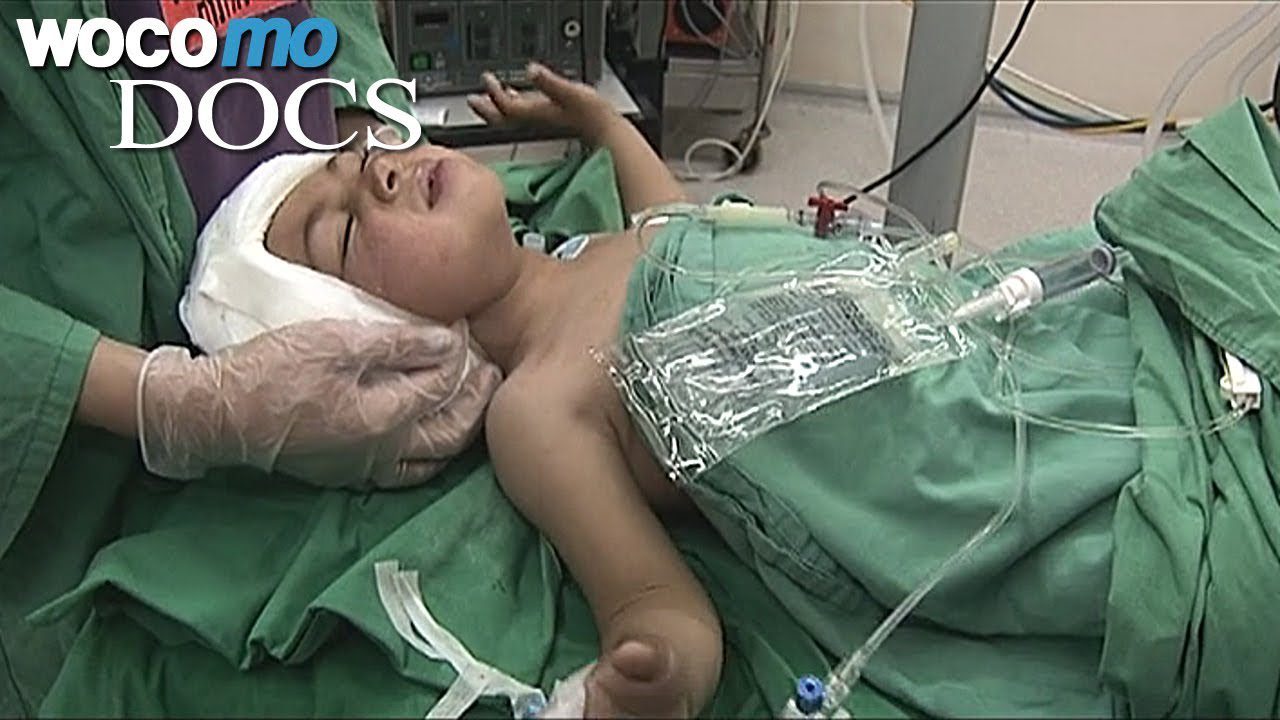Deaf boy gets a cochlear implant | “Voices from El Sayed” – Documentary about deafness
Film starts at 0:57. In the picturesque Israeli Negev desert lays the Bedouin Village of El-Sayed that has the largest percentage of deaf people in the world. Through generations a unique sign language has evolved making it the most popular language in this rare society that accepts deafness as natural as life itself. The village’s tranquility is interrupted by Salim’s decision to change his deaf son’s fate and make him a hearing person using the Cochlear Implant Operation.
Original Title: Voices from El Sayed
Subscribe to wocomoDOCS: https://goo.gl/sBmGkp
Follow us on Facebook: https://www.facebook.com/wocomo
© Licensed by First Hand Films
Two hundred years ago Sheik El-Sayed arrived to the Negev desert in the south of Israel. The Sheik was Bedouin, a Muslim-Arab tribe of herders which has been walking the deserts of Arabia with their families and flock for centuries. Sheik El-Sayed was unique, he was deaf, and his deafness was genetically passed on to his sons, grandsons and great grandsons.
Today El-Sayed village has the largest percentage of deaf people in the world, still no hearing aids can be seen; for the people of El-Sayed, deafness is not a handicap. Throughout the generations a unique ‘El-Sayed’ Sign Language has evolved making it the most popular communication method amongst deaf and hearing.
The tranquility of the village is interrupted by Salim, father of the little boy, Muhammad, who has come to the decision to dramatically change his deaf son’s fate using the advanced medical process called the ‘Cochlear Implant Operation’.
Salim’s decision is evoking great conflict and threatening the village’s tradition of coexistence between deaf and hearing. This rare coexistence has created a society that accepts deafness as natural as life itself, making the viewer wonder about the discrimination of disabled people in the so called ‘advanced’ modern world.
‘Voices from El-Sayed’ follows the one year long frustrating rehabilitation progress of Muhammad through the point of view of the deaf community of the village and offers us intimate cinematic dialogue with these marvellous people.













